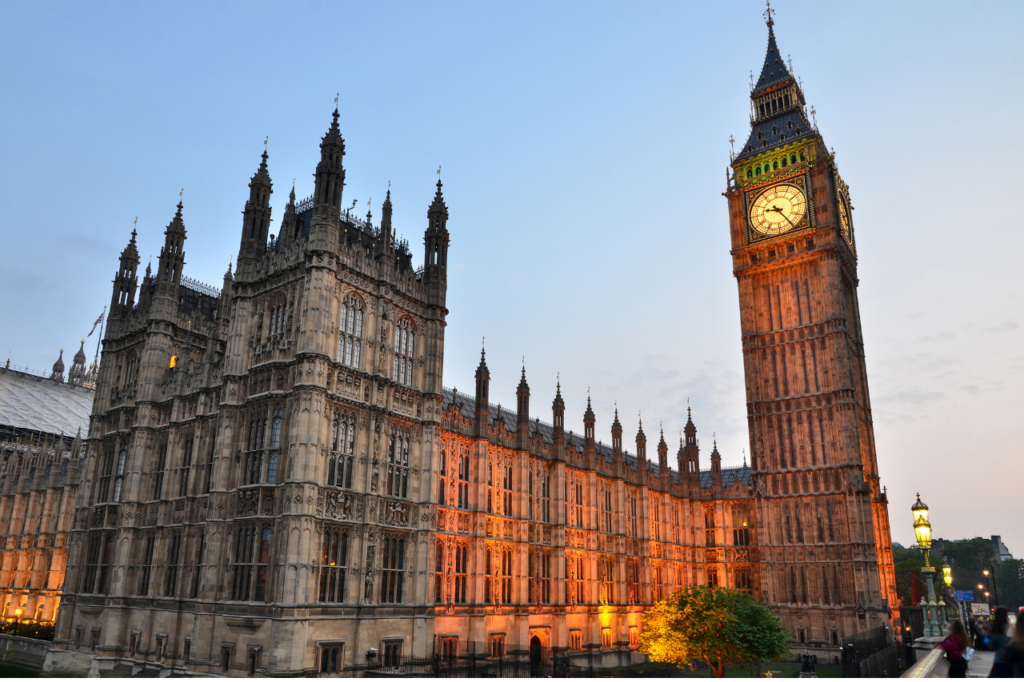Lodders’ Charity law expert, Mark Lewis, discusses the postponement of annual general meetings in light of the coronavirus outbreak.
Many companies, charities, and not for profit organisations are considering how they are going to hold their annual general meeting this year, and the legal practicalities of postponing or adjourning the meeting.
The chair of a company may be empowered to adjourn an AGM where the articles of association of a company permit them to. It is also possible to adjourn a general meeting if those present agree, or in certain other very limited circumstances. However, the meeting must be convened in order to be adjourned.
Given the circumstances of the coronavirus pandemic, the convening of meetings is neither sensible nor advisable. In light of this, we have received a number of queries in relation to the postponement of AGMs, and how this can be dealt with in practice.
Provisions for postponement
If the articles of association of a company contain provisions relating to postponement, then it may be possible without the need for a meeting to be held. If the articles do include such provisions, then between the date of the notice of the AGM, and the date of the meeting being held, the board may be able to postpone the AGM to another date, if it is not reasonably practical for the AGM to be held.
Guidance on AGMs
As the situation with the spread of Coronavirus has become more serious, guidance on AGMs and the impact of Covid-19 has been published jointly by the Chartered Governance Institute and Slaughter and May. Within these guidance notes, they provide suggestions to companies as to how to combat the problems presented by the pandemic. The five main options suggested in this guidance are:
- Adapt the basis on which you hold the AGM;
- Delay the AGM if notice has not already been issued;
- Postpone the AGM if the company’s articles of association permit this;
- Adjourn the AGM;
- Conduct a hybrid AGM.
This guidance also suggests adapting the basis of the AGM by encouraging alternatives to physical attendance, for example, proxy voting, restricting the number of non-shareholder attendees, or live-streaming the AGM. Members could also attend additional venues, with one main venue where the formal AGM is actually being held.
It is necessary to check the articles to ensure that a quorum is present at the formal AGM, and pre-registration could be requested to assess numbers. A Q&A meeting could also be held later in the year. It is clear therefore that there are options to ease the position, in view of the Government’s advice to avoid large numbers. These suggestions will help to mitigate the risk of transmission of the virus further, and also to help members avoid gatherings with large numbers of people.
Hybrid AGMs
Hybrid AGMs, where some members participate by electronic means, may also be possible if not precluded by the company’s articles. However, it is not considered possible to hold a virtual meeting where no members are present.
If you require guidance on any of the topics mentioned in this article, Lodders’ specialist charity law team can offer substantial, in-depth expertise gained through working with charitable and not-for-profit organisations of all shapes and sizes, that value the personal and responsive service we provide. For more information, please contact Mark Lewis on 01789 206135, or via email.
Contact usCONTACT US
Need more advice?
For help with a legal problem or more information on any of our services at Lodders, please get in touch with our friendly team. You can contact us via the number or email address below, or fill in the form and we will get back to you as quickly as we can.

Read more
Other news, insights and events







